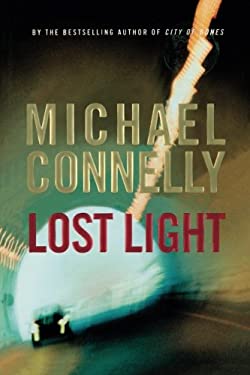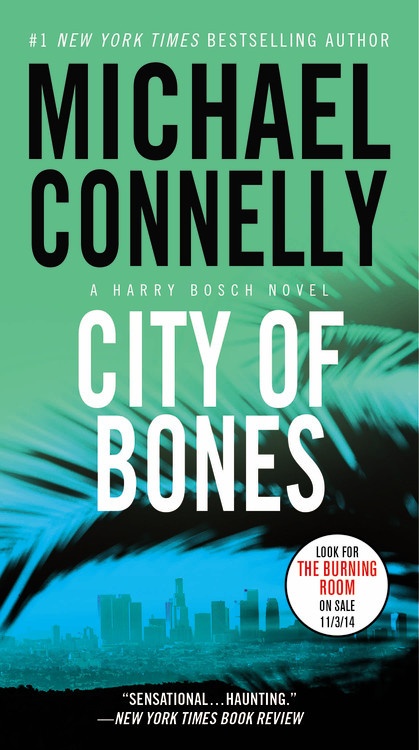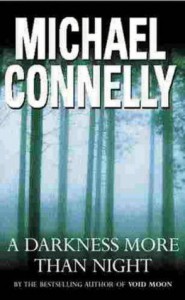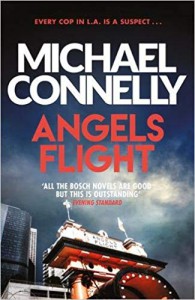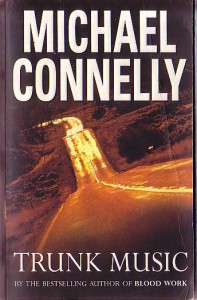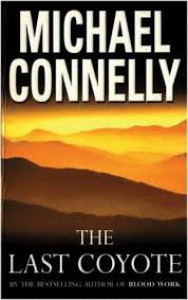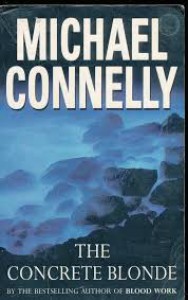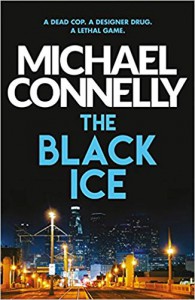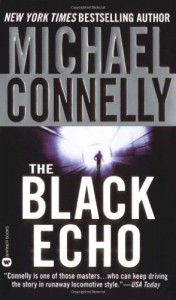27th December 2020 (22:35)
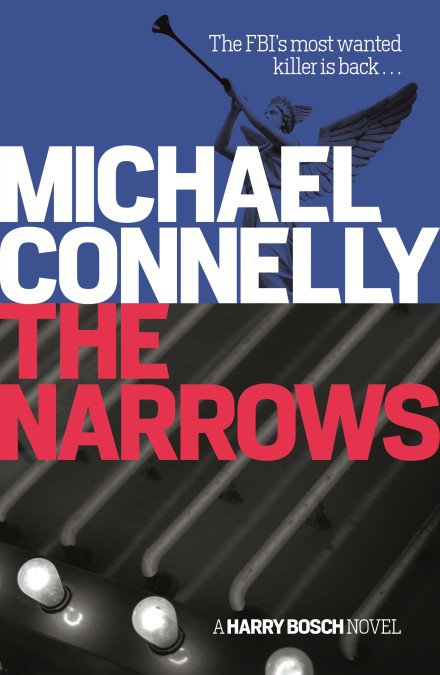
“I know that my life’s mission would always take me to places where the truth that I might find would be an ugly and horrible thing.” Harry Bosch
The return of ‘The Poet’ (former FBI agent and serial killer, Robert Bachus) is a potential embarrassment for the bureau, having presumed his demise and demands the recall of Agent Rachel Walling from her four year exile in Dakota. The killer’s calling card is unmistakable, however, another trail of victims may also offer his former colleague a means of redemption.
Meanwhile, another former Special Agent has died. Terry McCaleb (key character in “Blood Work” and “A Darkness More Than Night”), he of the heart transplant, passed away on his boat, while out on a charter. But, based on her husband’s recognition of an investigator that never gives up, McCaleb’s widow (Graciela) engages Harry Bosch to look into the circumstances of his death. Thus, the hares are set running on another thrilling, trademark plot, teeming with intrigue, suspense and dark threat. Walling also recognizes Bosch’s worth to the investigation, but will need to get over their personal history and the FBI’s mistrust of outsiders, if she is to harness the private investigator’s know-how. Even in death, Terry McCaleb is the bridge.
What I relish about the author’s ongoing exposition of Harry Bosch is the multi-faceted nature of the character. Notwithstanding his maverick tendencies, and the prominence of his self-imposed ‘mission’, the detective continues to be buffeted by life outside of his dark bubble, presenting choices to challenge his resolve. For example, his burgeoning role as a belated father and his complicated relationship with estranged wife, Eleanor Wish (also a former FBI agent) are clearly important to Bosch, made easier by his current ‘free agent’ status. A permanent move to Las Vegas to be near them is a prospect. Yet, his identity has suffered since leaving the LAPD and when former partner (Kiz Rider) signposts the recruitment of recent retirees back onto the force, the reader just knows the temptation will be great. Once a cop…
Rachel Walling also possesses ingrained instincts and has a hunch Bosch may just get to their quarry first, but with her career already in tatters, to collaborate with Bosch is a serious gamble.
The titular ‘narrows’ refer to man-made protective channels designed to sluice flood water to the sea, preventing damage and helping manage the risk. They also provide an interesting metaphor for the bulwarks of criminal justice and public protection and the solidity that is Harry Bosch. Book 10 in the series is another masterful display of Michael Connelly’s skill as a writer and bears testament to the enduring appeal of the author’s storytelling in this very popular genre.

